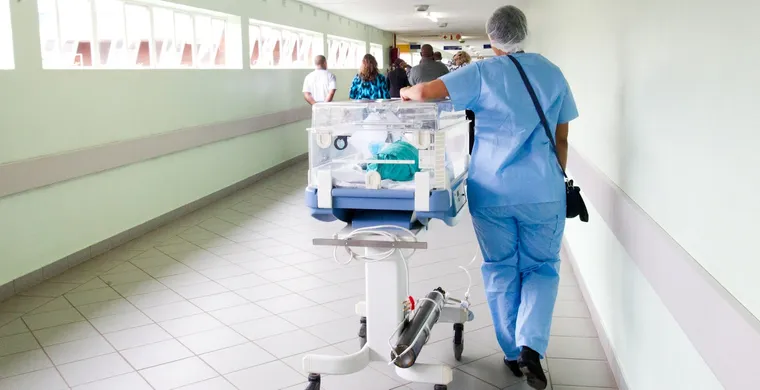Patient transporters ensure the smooth transition of patients between departments, operating rooms, and diagnostic areas. They play a crucial role in healthcare settings by providing timely and safe patient transport.
Understanding Patient Transporter Jobs
Patient transporter jobs play a critical role in the healthcare system. These professionals ensure that patients are safely and efficiently moved between various departments within a medical facility. Whether it's transporting a patient from a ward to radiology for imaging studies or assisting someone to and from surgery, the task requires attention to detail and a reassuring bedside manner. The role not only demands physical stamina but also an empathetic approach, as patient transporters often interact with individuals experiencing stress, discomfort, or anxiety.
In addition to moving patients, transporters are often responsible for handling medical equipment and patient records. This multifaceted role can include duties such as ensuring wheelchairs and gurneys are sanitized and in working order, managing patient logs, and liaising with healthcare professionals to coordinate transport schedules. This job can also serve as a stepping stone for those looking to advance in the medical field, offering invaluable experience and exposure to various aspects of patient care and hospital operations.

Key Responsibilities of a Patient Transporter
Patient transporters play a vital role in maintaining the efficient flow of medical facilities. You will be responsible for safely moving patients between departments, such as from their rooms to diagnostic testing areas or the surgical suite. This often includes navigating wheelchairs, stretchers, and hospital beds. Ensuring patient comfort and safety during these transfers is paramount. As a patient transporter, you are also entrusted with meticulously following hygiene and infection control protocols, as well as securing any necessary medical records or personal items that accompany the patients.
Beyond physical transportation, your role requires excellent communication skills. You will provide information and reassurance to patients and their families, often being the first point of contact they encounter. Additionally, you must effectively communicate with medical staff to coordinate patient movements and accommodate any special needs. Teamwork and attention to detail are crucial, as you work alongside nurses, doctors, and other healthcare professionals to optimize patient care and ensure timely and accurate transportation services within the facility.
Salary and Compensation
When it comes to salary and compensation, patient transporter jobs offer competitive pay that's commensurate with experience and location. On average, patient transporters can expect to earn between $25,000 and $35,000 annually. Those with more experience or specialized certifications may find opportunities that offer a higher income. Additionally, many healthcare institutions provide full-time transporters with benefits such as health insurance, retirement plans, and paid time off, making it a stable and attractive career path.
Moreover, employee benefits often extend beyond just basic compensation. Many hospitals and medical centers emphasize continuing education and professional development, providing transporters with opportunities to attend workshops or pursue certifications that can further their careers. Some establishments also offer incentive programs, bonuses, or pay differentials for working night shifts or weekends. All these factors contribute to a comprehensive compensation package that recognizes the essential role of patient transporters within the healthcare system.
